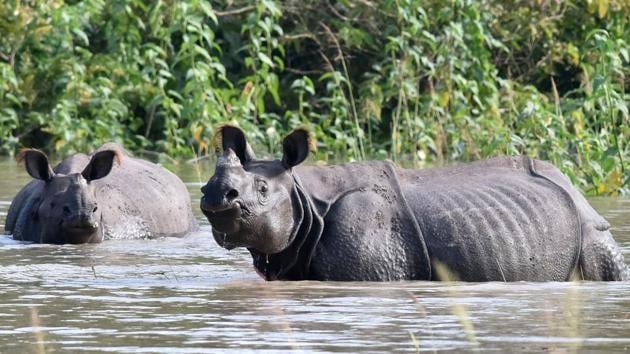India’s new wildlife plan focuses on climate change, landscape management
For the first time the plan incorporates areas like the impact of climate change on wildlife and habitats, and landscape management.
The environment ministry launched its third wildlife action plan, which shapes the management of wildlife across the country for the next 15 years, at the start of Wildlife Week — celebrated every year in the first week of October .

For the first time the plan incorporates areas like the impact of climate change on wildlife and habitats, and landscape management.
“The plan is landscape rather than sanctuary or national park-based,” environment minister Harsh Vardhan, said.
One of the controversial aspects of the new plan is development of a protocol for ‘euthanasia’ and ‘mercy killing’ of animals by 2019. The former is understood as the killing of an animal that is suffering, while the latter refers to killing off healthy animals for population management.
Focus areas of the 3rd wildlife action plan
Integrated Wildlife Management
Climate Change Adaptation
Ecotourism and Participatory Management
Wildlife Research and Enabling Policies
“Though it is a management tool, people will not accept such practices,” Tito Joseph programme manager at Wildlife Protection Society of India, said.
Participatory management is another thrust area for the plan. “Five crore Indians are directly or indirectly participating in the conservation of forests,” the environment minister said.
There has been confusion over implementation of laws that come into play in the protection of wildlife in the absence of an updated forest policy
“Managing NWAP 2017-2031 would be an essential process and tool for achieving Agenda 2030 and Sustainable Development Goals (SDGs),” Vinod B Mathur, director of the Dehradun-based Wildlife Institute of India, said.
Environmentalists said it was time to review the extent to which the objectives laid down in the last action plan were achieved.





